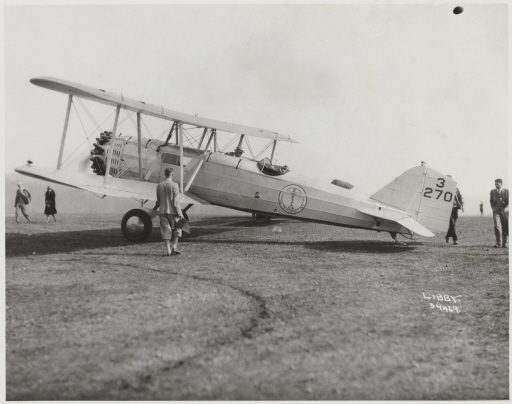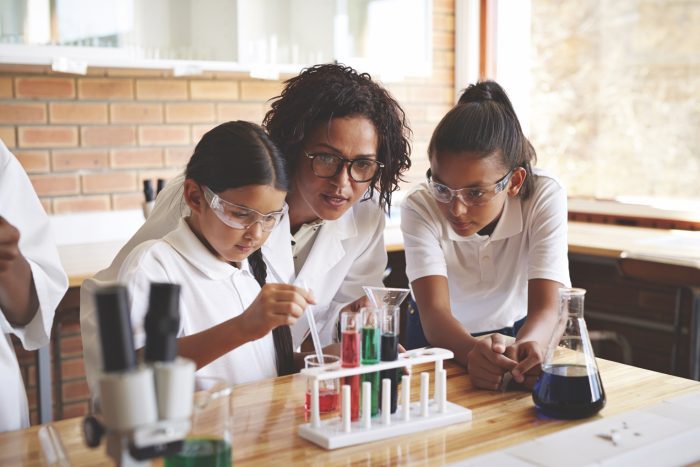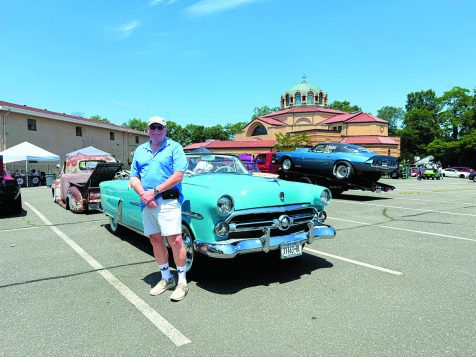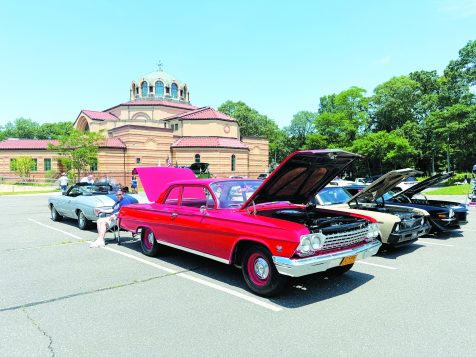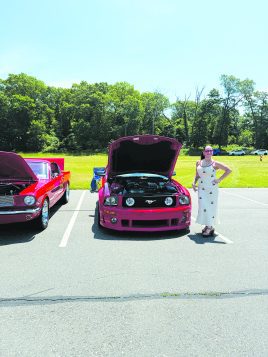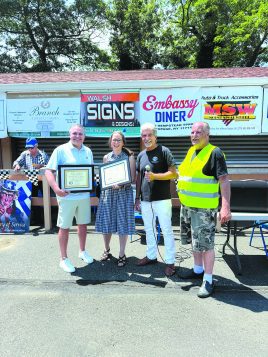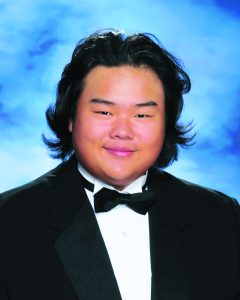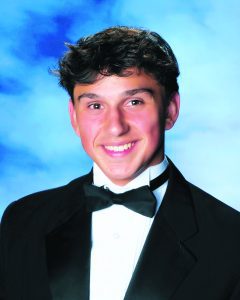Plants need stems to survive. They provide structural support and connect the roots to the leaves and flowers, making it possible to bring water, nutrients and sugars throughout the plant.
Similarly, STEM (science, technology, engineering and mathematics) serves a critical function for society.
As with the rest of a plant, STEM is not the only part that nourishes our culture, but it does offer critical support that makes it possible to adapt to future challenges and to push the frontier of human knowledge.
This week, we and scientists around the world celebrated the long-anticipated grand opening of the Vera C. Rubin Observatory in Chile, a telescope and camera so advanced that it has already spotted 2,400 asteroids we hadn’t previously seen.
This state-of-the-art camera was funded by the National Science Foundation and the Department of Energy’s Office of Science, making it possible to see deep into space and to ask questions about changes around us as well as dark matter and dark energy.
“NSF-DOE Rubin Observatory reflects what’s possible when the federal government backs world-class engineers and scientists with the tools to lead,” Harriet Kung, acting director of the DOE’s Office of Science said in a statement.
Indeed!
This project echoes some of the cutting edge science efforts that the federal government supported after World War II.
STEM funding supports translational research, which addresses questions like what molecule can scientists target to slow or stop the progression of cancer or what plant genes can enhance resistance to disease or environmental extremes. It can also support basic research that explores what causes a cell to divide, to die, or to differentiate.
Both of these areas of research have led to important discoveries that have contributed to society. Researchers credit their achievements with the opportunity and knowledge they received from previous generations of scientists who, like runners in a relay race, pass the baton to the next generation of great thinkers and explorers.
Science funding has among the highest returns on investment of any federal funding, Cutting funding to areas like the National Science Foundation, the National Institutes of Health, and other federal programs can impede the ability of science and society to grow and respond to change.
The current budget proposal for 2026 suggests a 40 percent cut to the NIH, which would reduce the number of institutes from 27 to eight. Yikes!
Further up the chain, societal growth also depends on supporting the education of students who can go from a classroom where they learn about what’s known to a field where they can rewrite the textbooks they had studied.
Canceling grants to STEM education not only threatens the students who miss out on chances to learn, but also society, which won’t benefit from the spark of inspiration these students receive.
The federal government must continue to invest in STEM. The future growth of our society – with businesses, cures for diseases and an expanding knowledge base that enables us to live healthier and better lives – depends on it.


